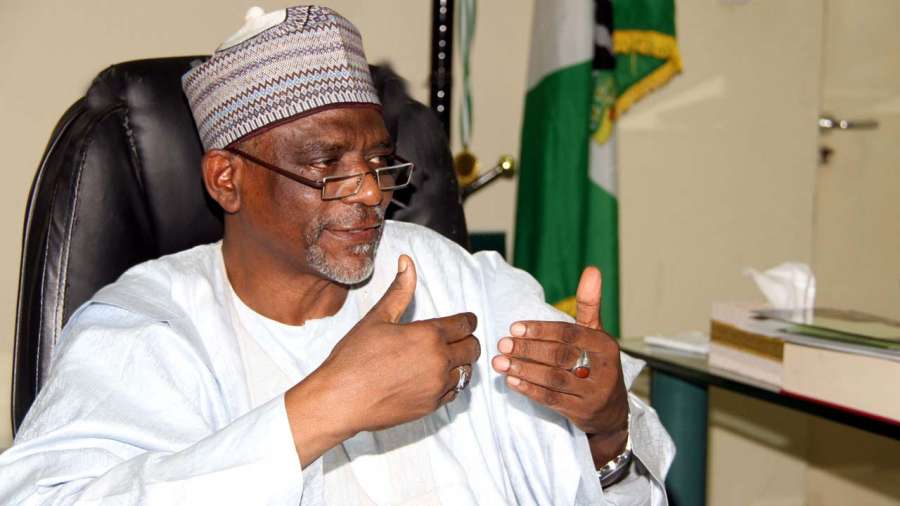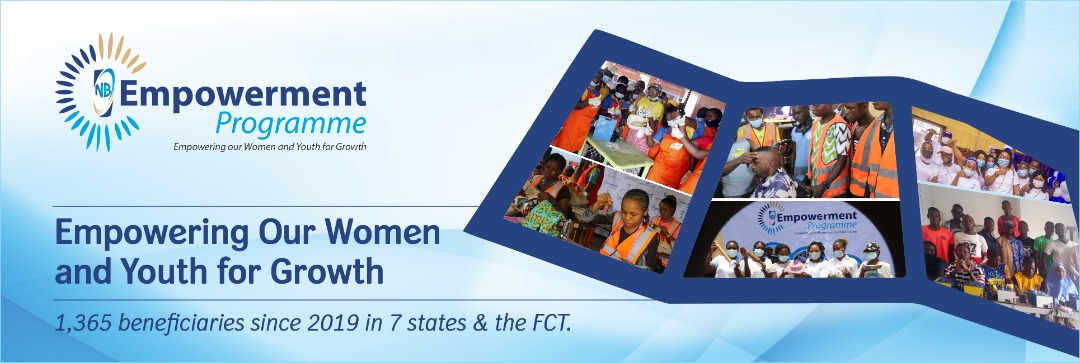THE Federal Government says claims by the Academic Staff Union of Universities (ASUU) that it was planning to force students in public universities to pay N350,000 tuition fees per session was not true.
“The Federal Government did not and has no intention of introducing tuition fees in our universities, not to even mention a humongous figures of N350,000,” said the Permanent Secretary, Federal Ministry of Education, Sonny Echono on Wednesday.
Echono who spoke at the World Teachers’ Day Symposium in Abuja, said pointedly that there was no iota of truth in the claim by the academic union.
He insisted that the Federal Government institutions are tuition-free and that the current administration has not contemplated introduction of tuition fees or approving such humongous charges of N350,000 in public universities.
The Permanent Secretary also hinted that by 2020, teachers that do not have requisite qualification would be flushed out of the system.
Ibadan Zonal Coordinator of ASUU, Ade Adejumo, who raised the concerns about fee hike, had told newsmen that the objection of the union to the proposed tuition fee increase led to the collapse of 2017/2018 Renegotiation of the 2009 FGN/ASUU Agreement.
But the Permanent Secretary, who represented Minister of Education, Adamu Adamu at the symposium, deviated to react to the ASUU claims insisted that Federal Government has no plan to introduce tuition fees or approved increase of tuition fees in public universities.
He said: “Ordinarily, we will not have responded to it but because ASUU is a very responsible organisation and have been our partners, so, it is better that we correct the impression.
“This can easily be verified, the students have just registered for school now and their parents are aware of how much they paid.
“What is true is that because of the commitment of the present administration to guarantee the right of the Nigerian child not only to education, but to be positively engaged, the President directed that the Ministry along with Ministry of Finance, should jointly organise a workshop that will come up with sustainable and very workable recommendation on funding education in Nigeria.
“To this end, we have been engaging with various stakeholders, including the Academic Staff Union of Universities who have come up with a very useful contributions.
“There was reference to the issue of re-establishing the Education Bank, this is a policy of development and why do we believe that we require an Education Bank?
“We know that government cannot bear the burden of funding the education alone. The private sector has its role to play especially in tertiary education.
“Even in public institutions, we have heard so many private sector operatives saying they want to assist the government or partner with government under Public Private Partnership arrangement to develop hostels.
“The biggest challenge they have is access to finance on a long term basis and appreciable interest rate because nobody will take a loan at the current lending rate in our banking system and develop hostels that will be affordable for our students.
“We want a Bank that would give such loans at low interest rate and even if you want to establish a University, you can access resources on a long term basis with low interest rate so that you can contribute your quota to educational development in this country,” Echono said.
He explained that student loan would not be limited to students in Nigeria alone, adding that there were parents whose children are schooling abroad and are having difficulties getting funds across to them as at the time there are required and would need such loan facilities.
Echono told the Vice-Chancellors of all public universities that subsisting policy of no tuition fee is what is in practice everyone must ensure compliance.
On the teachers’ professionalism, the Permanent Secretary disclosed that all teachers who fail to register with the Teachers’ Registration Council of Nigeria (TRCN) and obtain requisite qualification would be flushed out of the system.
He said theme of the 2018 World Teachers’ Day celebration, “The Right to Education means the Right to a Qualified Teacher” was apt and in tune with the commitment of the Federal Government to improve the welfare and quality of teachers in Nigeria.
















